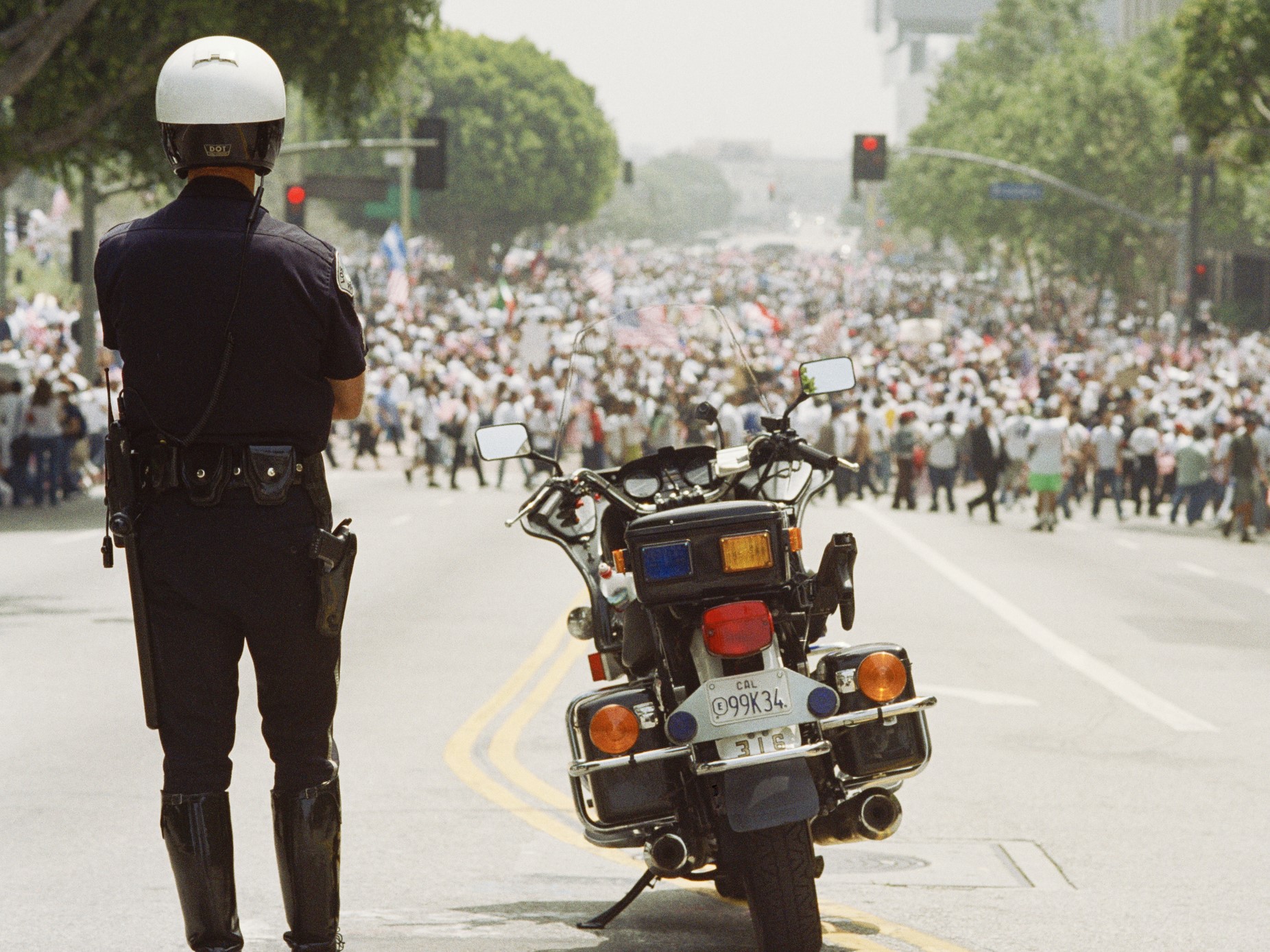Column: Workers' Comp
How Poor Leadership in Washington D.C. Hurts Workers’ Comp
President Abraham Lincoln penned a letter to General George Meade detailing disappointment with the general’s Civil War performance. But Lincoln never delivered it, not wanting to alienate Meade at a critical time.
It was typical of Lincoln, taking time to evaluate his own emotions, thinking through the consequences and sometimes doing nothing rather than acting hastily.
Consider that in contrast to President Donald Trump’s style of broadcasting seemingly impulsive, emotion-laden Twitter tirades. Washington D.C. leadership, or lack of it, impacts workers’ compensation. I’ll get back to that.
But first, Lincoln’s reflective style of understanding his own emotional reaction to events before acting on critical matters is a behavioral characteristic shared by five historical figures described in “Forged in Crisis: The Power of Courageous Leadership in Turbulent Times.”
Written by Harvard Business School historian Nancy Koehn, the book offers management nuggets for anyone in leadership roles, including risk managers and workers’ comp professionals. The book delivers those nuggets through five biographies of people who faced personal challenges and their own human limitations. Yet they persevered against extremely difficult circumstances to attain their goals and help guide others out of danger.
[Poor governance] distracts from time that could be spent leading on important issues such as those impacting workers’ comp, including opioids, the potential creation of infrastructure jobs, and health care.
The book includes the story of Ernest Shackleton, hailed in previous business-management books for leading his shipwrecked and isolated crew off Antarctic ice flows. The other biographies feature abolitionist Frederick Douglass; Dietrich Bonhoeffer, imprisoned by the Gestapo and murdered for opposing the Third Reich; and scientist and author Rachel Carson, who raced against cancer to finish her manuscript on the dangers of mass pesticide use.
They shared an ability to focus without allowing lesser problems to distract them from their larger missions. They led with their humanity, often with an understanding of their personal weaknesses. That allowed them to deploy empathy when motivating and supporting others.
Empathy as a leadership trait would mesh well with the injured-worker advocacy movement gaining popularity among some of today’s savviest risk managers.
It’s also a style that could help show the world workers’ comp can genuinely care for injured workers even in the face of a system that doesn’t always promote that.
The protagonists in Koehn’s book were persistent yet resilient under extremely difficult circumstances. They found alternate ways to move forward. Like Lincoln, they possessed the ability to slow down, take stock of their emotions and not immediately react, especially when the stakes grew increasingly critical.
Today, many of us yearn for steady, well-thought-out political leadership from Washington D.C. Instead we get distracted governance, along with mega-doses of gloating, porn-star accusations, Putin praising, sensational staff shakeups and the like.
It distracts from time that could be spent leading on important issues such as those impacting workers’ comp, including opioids, the potential creation of infrastructure jobs, and health care. Koehn’s book may make one yearn even more for courageous and steady leadership. On the other hand, it offers highly interesting examples of how to do it well. &










